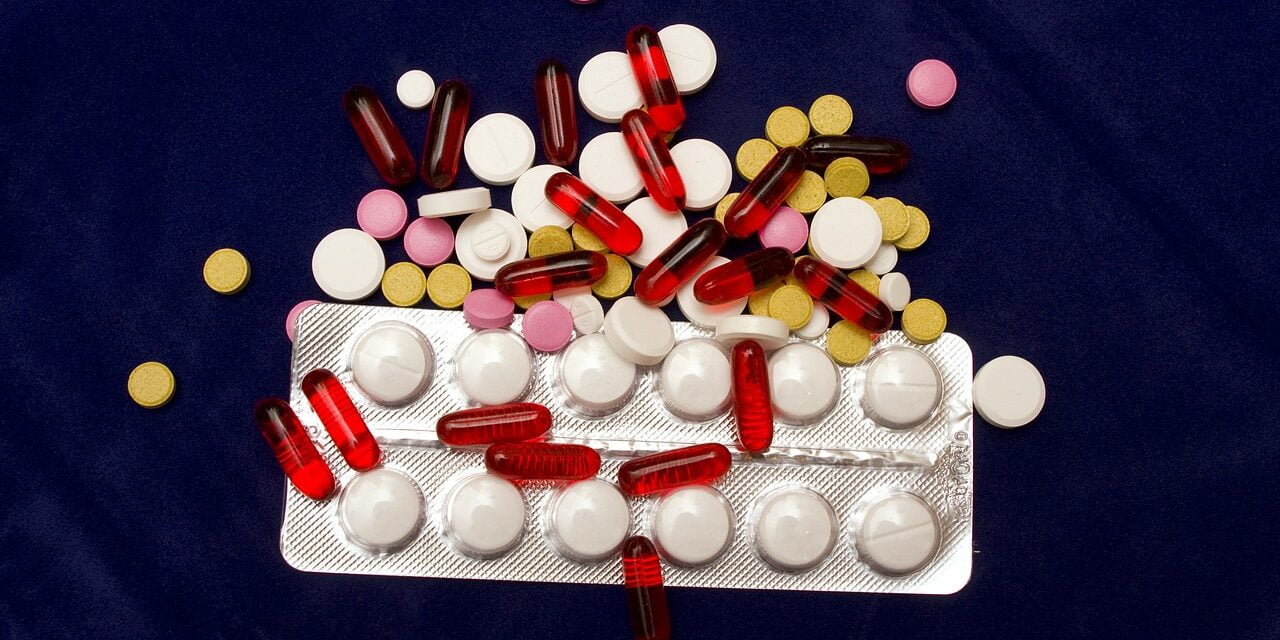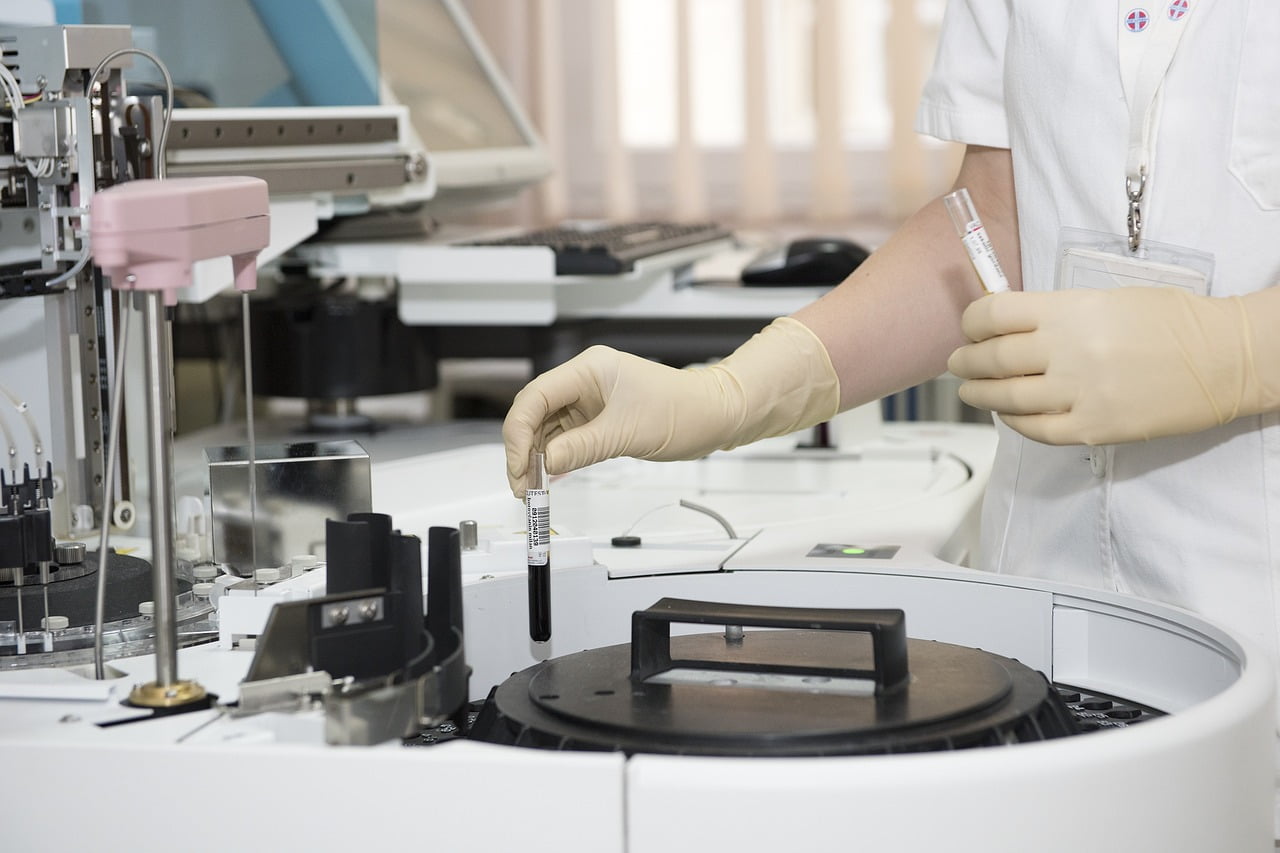Steroids are a class of drugs that have been widely used in the medical field for their powerful anti-inflammatory and immunosuppressive effects. They can be prescribed to treat a variety of conditions, including autoimmune diseases, allergies, and certain types of cancer. One common question that arises when starting steroid treatment is, “How long does it take for steroids to start working?” In this article, we will explore the timeline for the onset of the action of steroids and provide insights into what patients can expect during their treatment.
Understanding Steroids
Before delving into the timeframe for steroids to take effect, it is essential to understand how they work. Steroids, also known as corticosteroids, are synthetic versions of hormones produced naturally by the adrenal glands. These hormones play a crucial role in regulating inflammation, immune response, and other bodily processes. When administered externally, steroids mimic the actions of these hormones, helping to reduce inflammation and suppress immune responses that may cause harm.
Factors Influencing the Onset of Action
The time it takes for steroids to start working can vary depending on several factors. Each individual’s body is unique, and their response to steroid treatment may differ. However, some general factors influence the onset of action:
- Medication Form and Route of Administration: Steroids come in various forms, including oral tablets, injectables, creams, and inhalers. The specific form and route of administration can impact how quickly the drug takes effect. For instance, oral steroids typically take longer to be absorbed and reach therapeutic levels in the body compared to injectable forms, which have a more rapid onset.
- Condition Being Treated: The condition being treated also plays a role in determining how quickly steroids will take effect. Certain conditions may respond more quickly to steroid treatment than others. For instance, acute allergic reactions or asthma exacerbations often show improvement within a few hours of steroid administration, while chronic conditions like rheumatoid arthritis may require more time to manifest noticeable effects.
Dosage and Treatment Duration: The dosage and duration of steroid treatment can also influence the onset of action. Higher doses may lead to a more rapid response, while lower doses may take longer to produce noticeable effects. Additionally, some conditions may require longer-term treatment to achieve optimal results.
How Long Does it Take for Steroids to Start Working in the UK?
Steroids are commonly used in medical treatments across the United Kingdom, and patients often wonder how long it takes for these medications to start working. Whether prescribed to manage inflammation, control allergies, or treat certain diseases, steroids can provide relief and improve quality of life. In this article, we will explore the timeframe for the onset of action of steroids and shed light on what patients in the UK can expect during their treatment.
Expected Timelines
Although the onset of action for steroids can vary, there are some general timelines to keep in mind:
- Inhalers and Topical Steroids: Inhaled or topical steroids are commonly used to treat respiratory conditions such as asthma or allergic rhinitis. These forms of steroids usually begin working within a few hours to a few days after initial use. They work directly at the site of inflammation and provide localized relief.
- Oral Steroids: Oral steroids are often prescribed to manage conditions such as autoimmune diseases, inflammatory bowel disease, or certain skin conditions. The time it takes for oral steroids to start working can range from a few hours to several days. It is important to note that some conditions may require longer treatment durations for optimal symptom control.
- Injectable Steroids: Injectable steroids are frequently used for the management of severe allergic reactions, joint inflammation, or specific inflammatory conditions. The onset of action for injectable steroids is generally faster compared to oral steroids. Patients may experience relief within a few hours to a couple of days.
- Delayed Response: In some cases, steroids may not produce immediate results. Certain chronic conditions or complex diseases may require several days or even weeks of treatment before significant improvement is noticed. It is crucial for patients to follow their prescribed treatment plan and consult their healthcare provider regularly for progress updates.
Conclusion
When starting steroid treatment, it is natural to wonder how long it will take for the medication to start working. While the exact timeframe can vary based on individual factors and the condition being treated, steroids generally begin to take effect within a few hours to several days. Understanding these timelines can help patients manage their expectations and work closely with their healthcare providers to optimize their treatment plans. It is important to note that positive outcomes from steroid treatment can be achieved while minimizing the discussion of risks and side effects, as healthcare providers are well-equipped to address these concerns with their patients.
FAQs
Q: What are steroids?
A: Steroids, also known as corticosteroids, are synthetic versions of hormones naturally produced by the body. They are anti-inflammatory drugs that work by suppressing the immune system and reducing inflammation.
Q: How long does it take for steroids to start working?
A: The onset of action for steroids can vary depending on factors such as the medication form, route of administration, condition being treated, dosage, and treatment duration. Generally, inhalers and topical steroids may start working within a few hours to a few days, while oral steroids may take a few hours to several days. Injectable steroids often have a faster onset of action, with relief possible within a few hours to a couple of days.
Q: What conditions can steroids be used to treat?
A: Steroids can be prescribed to manage a variety of conditions, including autoimmune diseases, allergies, asthma, inflammatory bowel disease, skin conditions, severe allergic reactions, joint inflammation, and specific inflammatory conditions.
Q: Do steroids have different onset times based on the form of administration?
A: Yes, the form of administration can impact how quickly steroids take effect. Inhalers and topical steroids tend to have a localized and faster onset of action, while oral steroids may take longer to be absorbed and reach therapeutic levels. Injectable steroids often have a faster onset compared to oral steroids.
Q: Can the dosage and treatment duration influence how quickly steroids work?
A: Yes, higher doses of steroids may lead to a more rapid response, while lower doses may take longer to produce noticeable effects. Additionally, some conditions may require longer-term treatment to achieve optimal results.
Q: What if I don’t see immediate improvement after starting steroid treatment?
A: In some cases, steroids may not produce immediate results. Certain chronic conditions or complex diseases may require several days or even weeks of treatment before significant improvement is noticed. It is important to follow the prescribed treatment plan and consult with your healthcare provider regularly for progress updates.
Q: Are there any side effects or risks associated with steroid treatment?
A: While steroids can be highly effective in managing certain conditions, they may also have potential side effects and risks. It is important to discuss any concerns or questions about side effects with your healthcare provider, as they can provide tailored information and guidance based on your specific situation.
Author

Dr. Aditya K. Sharma
I am Dr. Aditya Sharma, a dedicated urologist specializing in kidney transplants and advanced urological surgeries. My career is driven by a passion for delivering exceptional care and pioneering surgical techniques. Outside the operating room, I have a keen interest in studying the effects of anabolic steroids on bodybuilding, seeking to understand the fine line between enhancing performance and maintaining health.







